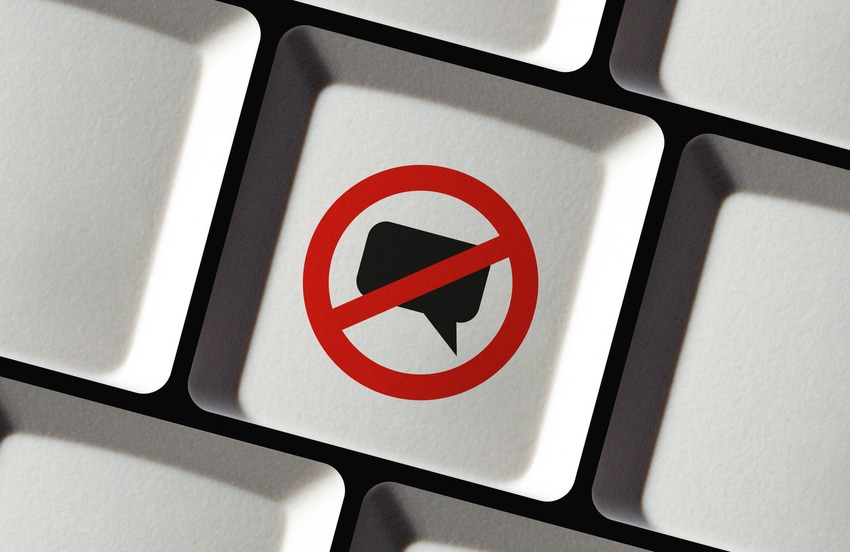It’s seldom clear what purpose the House of Lords serves, but in launching an inquiry into threats to online freedom of expression it has justified its existence for the time being.
November 16, 2020

It’s seldom clear what purpose the House of Lords serves, but in launching an inquiry into threats to online freedom of expression it has justified its existence for the time being.
The House of Lords Communications and Digital Committee thinks it’s time this sort of thing was looked into. We don’t know what suddenly spurred it into action, but maybe it was the Labour Party’s call for emergency legislation to “stamp out dangerous anti-vax content”. If so, it’s just the latest in a procession of calls to censor and lower the legal bar for prosecution in the name of ‘safety’.
“In recent years there have been a growing number of controversies relating to the use of the right to freedom of expression online,” said Lord Gilbert of Panteg, Chair of the Committee. “We hope to hear views from all sides of the debate on the roles that platforms and the state should play in protecting or curtailing what users can say online.”
Here are some other issues the inquiry wants answers to:
How should good digital citizenship be promoted?
Should online platforms be under a legal duty to protect freedom of expression?
To what extent should users be allowed anonymity online?
How can content moderation systems be improved?
Would strengthening competition regulation of dominant online platforms help to make them more responsive to users’ views about content and moderation?
The COVID-19 pandemic has brought the debate about the ideal balance between freedom and safety to the fore. As the Labour Party bright idea indicates, many people think there’s almost no limit to the amount of state intervention into the lives of individuals that’s justified in the name of safety. With news of another promising vaccine emerging today, it won’t be long before those same people call for forced vaccinations.
So we welcome this initiative on the part of the House of Lords. It hasn’t said what it will do with all the input it gets on this matter, but will presumably at least present it to the government. We have long argued that internet platforms should only be legally protected when they censor provably illegal content, and they seem to agree. All other speech should be fair game and if it’s flawed, inaccurate or malicious, then let other people speak out in opposition to it. It’s not the job of the state to censor beyond the boundaries of the law.
About the Author(s)
You May Also Like








.png?width=300&auto=webp&quality=80&disable=upscale)


_1.jpg?width=300&auto=webp&quality=80&disable=upscale)


.png?width=800&auto=webp&quality=80&disable=upscale)